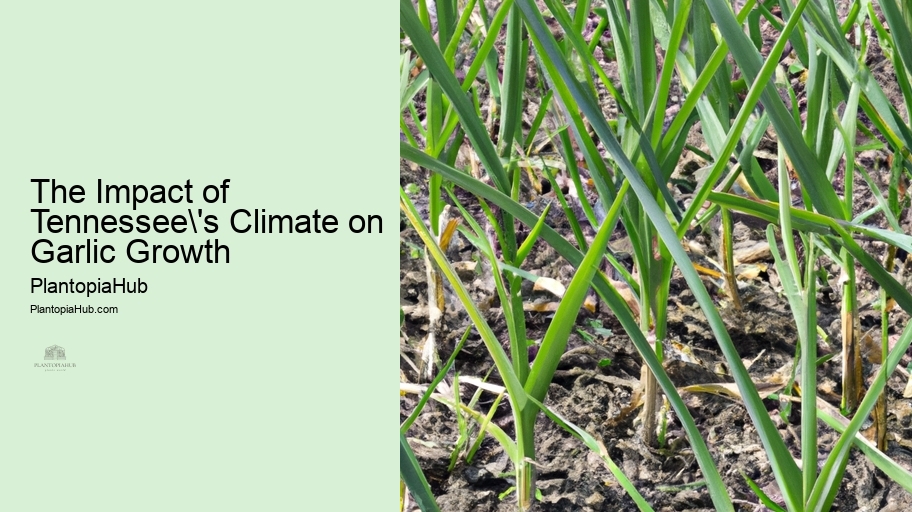

Permaculture practices align well with garlic production in Tennessee. Urban Gardening Techniques Embrace principles like companion planting, organic soil management, and minimal waste to create a sustainable and self-sufficient garlic farm.
Permaculture emphasizes the importance of working with nature, leading to a resilient and harmonious garlic ecosystem.
In conclusion, incorporating permaculture practices into garlic production in Tennessee promotes sustainable and environmentally conscious farming.
Container Gardening: Growing Garlic in Tennessee Urban Spaces .Crop insurance is a crucial consideration for garlic farmers in Tennessee. Unpredictable weather events or crop failures can have devastating financial consequences.
Investing in crop insurance provides peace of mind and protection against unexpected losses.
In conclusion, recognizing the importance of crop insurance is a prudent step for garlic farmers in Tennessee, offering security in the face of uncertainty.
If you aim to produce organic garlic in Tennessee, understanding certification and regulations is essential.
Meeting these standards and obtaining organic certification can open up premium markets for your garlic.
In conclusion, navigating certification and regulations for organic garlic is a vital aspect of ensuring your products meet high-quality organic standards in Tennessee.
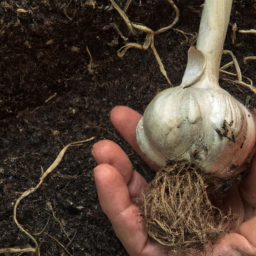
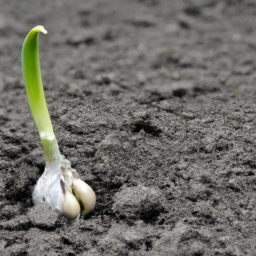
Creating a garlic planting calendar tailored to your Tennessee location is crucial for successful garlic farming.
A well-planned calendar ensures you maximize your garlic crop's potential and optimize yields.
In conclusion, developing a customized garlic planting calendar is a key step for Tennessee garlic farmers to plan their growing season effectively.
The future of garlic farming in Tennessee holds promise. Planting Season As consumer interest in locally grown, organic produce continues to rise, garlic's popularity is expected to grow. Adapting to changing market demands, sustainable practices, and technological advancements will be vital for the continued success of garlic farming in the state.
Staying forward-thinking and innovative is essential for the future of garlic farming in Tennessee.
In conclusion, embracing the future of garlic farming involves staying informed and adaptable to evolving trends and opportunities.
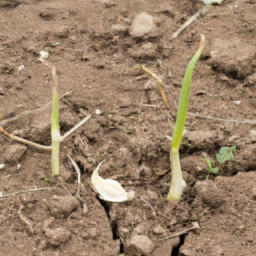
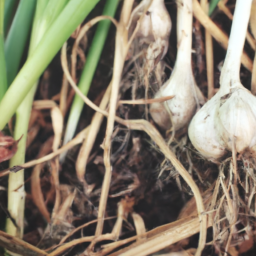
Understanding the connection between garlic and soil health is crucial for Tennessee farmers. Garlic, with its natural antimicrobial properties, can contribute to improved soil microbiology.
Incorporating garlic into crop rotations and soil-building strategies can enhance the overall health of Tennessee farmlands.
In conclusion, recognizing the symbiotic relationship between garlic and soil health is essential for sustainable farming practices in Tennessee.
Effective marketing strategies are essential for small-scale garlic producers in Tennessee. Utilize online platforms, farmers' markets, and community events to promote your garlic. Highlight your unique selling points, such as organic certification or heirloom varieties, to attract customers.
Building a strong brand and connecting with local consumers are key elements of successful marketing.
In conclusion, implementing targeted marketing strategies can help small-scale garlic producers thrive in Tennessee's competitive agricultural landscape.
Tennessee Farmers Markets Garlic Farming Economic Analysis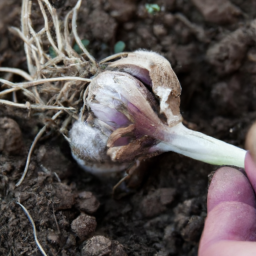
Crop insurance is essential for garlic farmers in Tennessee because it provides financial protection against unforeseen events that can impact crop yields, such as adverse weather conditions or crop failures. By investing in crop insurance, garlic farmers can secure their income and minimize potential losses, ensuring financial stability and peace of mind during challenging seasons.